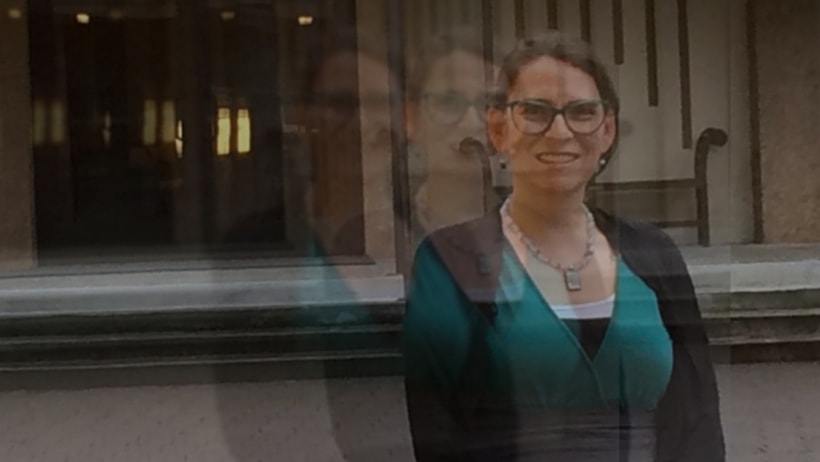Do you remember a time when you acted in a way that seemed outside the realm of your normal behavior? A time that might have shocked your system because it seemed so unlike your personality? I’ll give you some examples.

- Perhaps you took a stand for something you believed in strongly even though you’re not usually the type to fight that hard.
- Maybe you said exactly what was on your mind even if you usually try your best to filter your thoughts.
- You were simply so ecstatic and caught up in a situation that it felt like you were momentarily on a different planet.
- Or it might be more subtle, possibly a time when you looked back at pictures of yourself and thought “Was that even me?” because you looked so completely different.
As we go through life, there are big and small changes happening all the time. Sometimes we can’t even perceive a difference because the change is so small, minute even. Other times these changes cause us to look back at ourselves and see an alien being, someone who is totally different than who we thought we were.
Parshat Acharei Mot, this week’s Torah portion, details the laws and rules of healthy relationships. It begins with the healing after the loss of Aaron’s sons to their own out-of-body experience in breaking the rules, and it continues with the laws about how we are supposed to atone for our sins on Yom Kippur. The final chapter of the text deals with appropriate and inappropriate relationships between family members.
The part about Yom Kippur sheds light on this duality we sometimes see with big life changes or moments. Chapter 16, verse 29 reads: “And this shall be to you a law for all time: In the seventh month, on the tenth day of the month, you shall practice self-denial; and you shall do no manner of work, neither the citizen nor the alien who resides among you.” The citizen and the alien? In a sense, this could refer to one person. Each of us is both a citizen and an alien. We are citizens in our regular actions, in those moments when we completely recognize ourselves. And we are aliens when we have those out-of-body experiences, when we behave in a way that seems contrary to our “normal operating procedure.”
At a deeper level, the text teaches us that the stranger inside each of us is not to be feared, but to be embraced. As distant and alien as that side can feel, it’s still part of our essential selves. Yom Kippur, the text teaches, is a time in which we are to examine ourselves as well as this “stranger.” We might find that the stranger is only strange because we don’t let our truest selves out often enough. On the other hand, perhaps that alien side is symptomatic of a deeper issue that needs to be addressed. This week’s text reminds us that human existence is a system of checks and balances. It’s not the little outbursts or the mood swings or the lines we draw in the sand that are the problem; it’s when we don’t acknowledge them that we don’t grow from them.
-Rabbi Eve Posen
Source: Out-of-Body Experience – Parshat Acharei Mot 5776 – Rabbi Eve Posen



